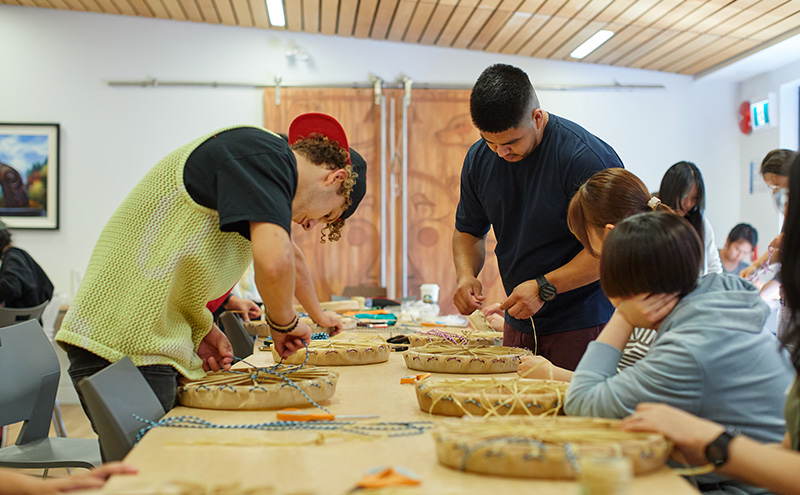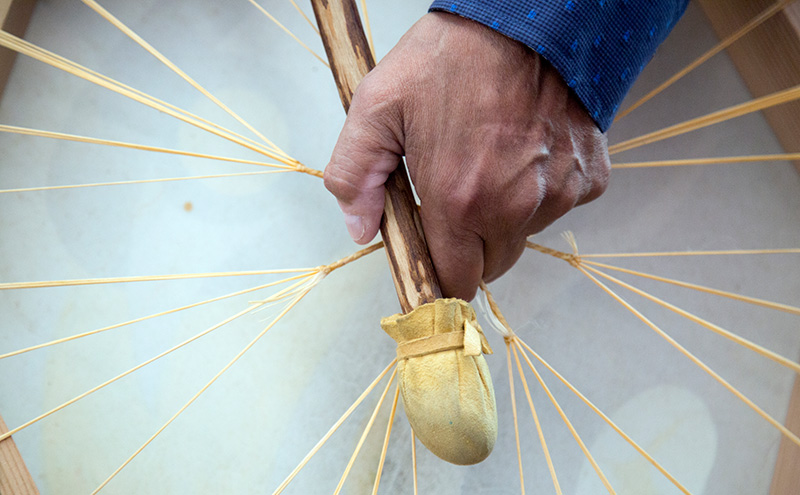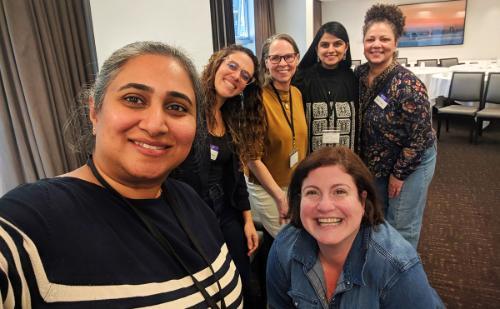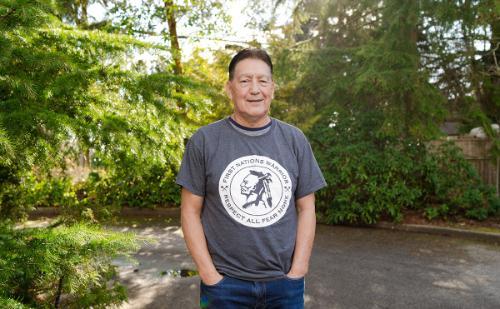A Self-Directed Learning Journey to Reconciliation
Published26 September, 2024
Photo credit Tae Hoon Kim, Albert Law and Patrick Leung
September 30 is the National Day for Truth and Reconciliation, also known as Orange Shirt Day. It is an opportunity to actively participate in reconciliation.

September 30 marks the National Day for Truth and Reconciliation, also known as Orange Shirt Day.
National Day for Truth and Reconciliation recognizes the history and legacy of residential schools and establishes the collective opportunity for a nationwide focus on learning, reflection and healing. This day is an occasion for our community to take time to acknowledge the impact of past wrongs and share our own reconciliACTION journey.
reconciliACTION
Actions we can take to support our own or shared reconciliation journey.
Visit National Centre for Truth and Reconciliation (NCTR) for the #94in94 Campaign to raise awareness of the Truth and Reconciliation Commission’s 94 Calls to Action and for the NCTR’s 6 Actions of ReconciliACTION.
“We want to encourage the CapU community to engage in the many learning opportunities available to deepen their understanding of our shared history and our responsibilities to do better and to be better. Let’s do the work, together, and reflect.”
Connect with the Working Group
The working group is compiled of CapU staff and faculty. Meet others interested in reconciliation by attending a Working Group meeting via MS Teams.
“I am on a journey to change not just what I know, but how I know it. Within this ongoing process, learning has become an avenue for reconciliACTION.”
How to get started
Here are learning resources to help get you started on your reconciliACTION journey:
On-campus
There are various departments and services available on the CapU campuses that offer reconciliACTION resources:
- Visit the CapU Library in person or online
- Drop by the CapU Bookstore
- Get involved with the Kéxwusm-áyakn Student Centre
- Read Indigenous stories on Capsule
- Find out about Indigenous events through our main event calendar
- Follow the Indigenous Student Services Team on Instagram
- Join the Truth and Reconciliation Working Group on Teams

Off-campus
The Truth and Reconciliation Working Group has compiled an extensive list of external resources:
- Create a meaningful Land Acknowledgement
- Learn about Indigenous languages and their pronunciation
- Listen to an Indigenous podcast
- Watch an Indigenous film
- Read a book by an Indigenous author
- Complete an online course
- Visit a key website or resource
You can find the full recommended resources by visiting the shared Truth and Reconciliation CapU Padlet board.

Start your reconciliation journey
Find the full list of activities and resources compiled by the Truth and Reconciliation Working Group.
Participate nowMoving forward
This is a continuous journey that requires humility and a commitment to unlearning oppressive norms created by colonialism and perpetuated by our systems, institutions and actions (or inaction).
Engaging in reconciliation is an opportunity to restore our humanity and collective well-being that has been damaged through enacting this colonial violence.
It involves non-Indigenous people acknowledging and learning from the past, reflecting on the present, and participating in healing and relationship-building toward a better future.



